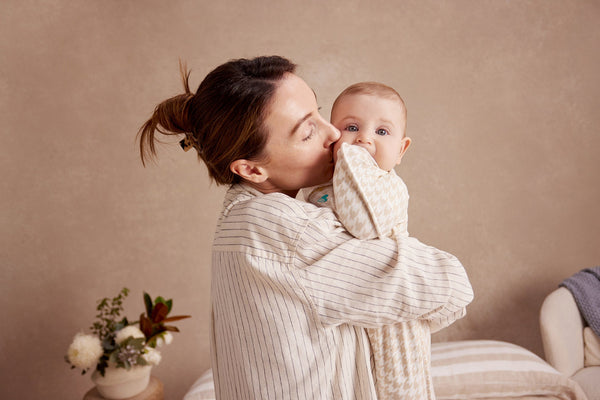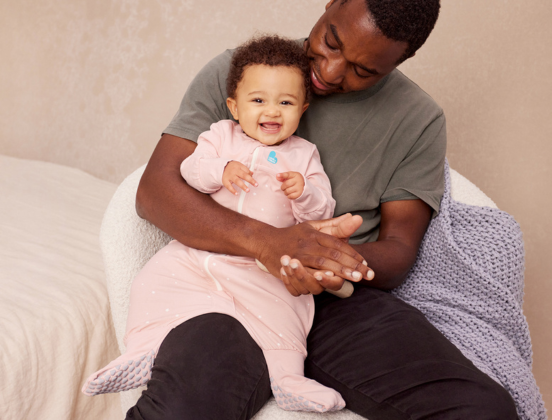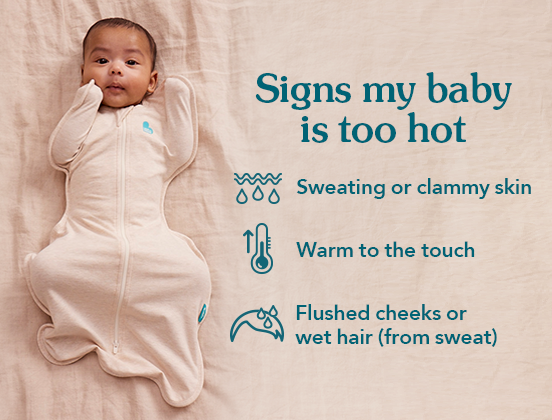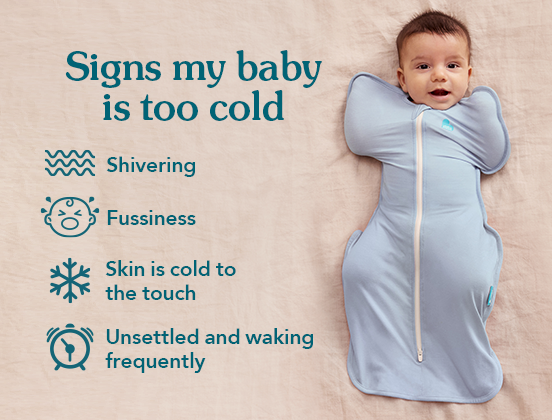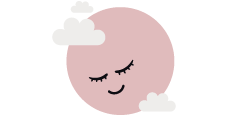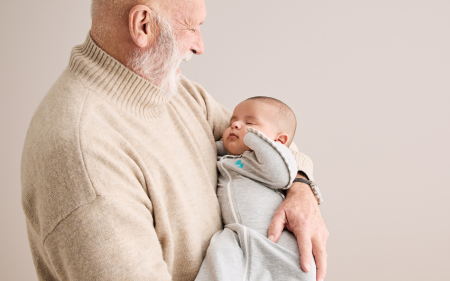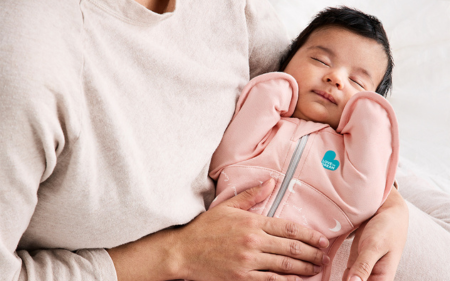Other things that can affect your baby’s sleeping habits & create night waking:
Teething
Teething can begin in babies as early as 3 months (!) with the two central incisors on the lower gums followed by the same two teeth on the upper gums typically popping up anywhere between 5-7 months. For this reason your baby may be in pain but might also become uninterested in eating and breastfeeding, as both these things cause blood to rush to the swollen area, making it even more sensitive. This could result in your baby waking at night due to hunger in addition to pain.
There isn't anything much cuter then those first baby teeth though so the sweet toothy smiles will be worth it!
Growth spurts
Growth spurts are frequent and can commonly occur at several points in the first 12 months:
- 7-10 days after being born
- Between 3-6 weeks
- 3 months
- 6 months
- 9 months
Around these spurts, babies may need more hours of sleep but they will also need to likely increase feeding throughout a 24 hour period (for newborns this is often referred to as cluster feeding), and may wake up more at night for this reason.
Increased motor development
This is a fun one because although it's disruptive, it means some some new developmental milestones and memories are on the way! Rolling, crawling even waving have the ability to disrupt a baby’s sleep pattern because they either have increased movements that wake them up or they just want to show you these new found skills multiple times across the evening.
This can be a good time to prepare and ensure you have the right sleepwear to match the milestone if they are ready to roll or are on the move.
Wet diapers and/or diaper rash
Soiled diapers are always best to be changed at any time during the night but deciding whether or not to change a wet diaper depends on whether it makes it more difficult for your baby to stay asleep. For example if it's already heavy and it's early in the night, it's likely it will continue to fill and make your baby uncomfortable, forcing a potentially unnecessary wake later on so best to make a quick change and hopefully avoid disruption later.
Diaper rash is often caused by one of 4 reasons – irritation, diarrhea, teething (as teething produces more stomach acid which can lead to diarrhea) or allergies/intolerances. If a baby is waking up or sleeping poorly because of discomfort caused by having a wet diaper or rash, diapers should be changed at night until the rash subsides.

